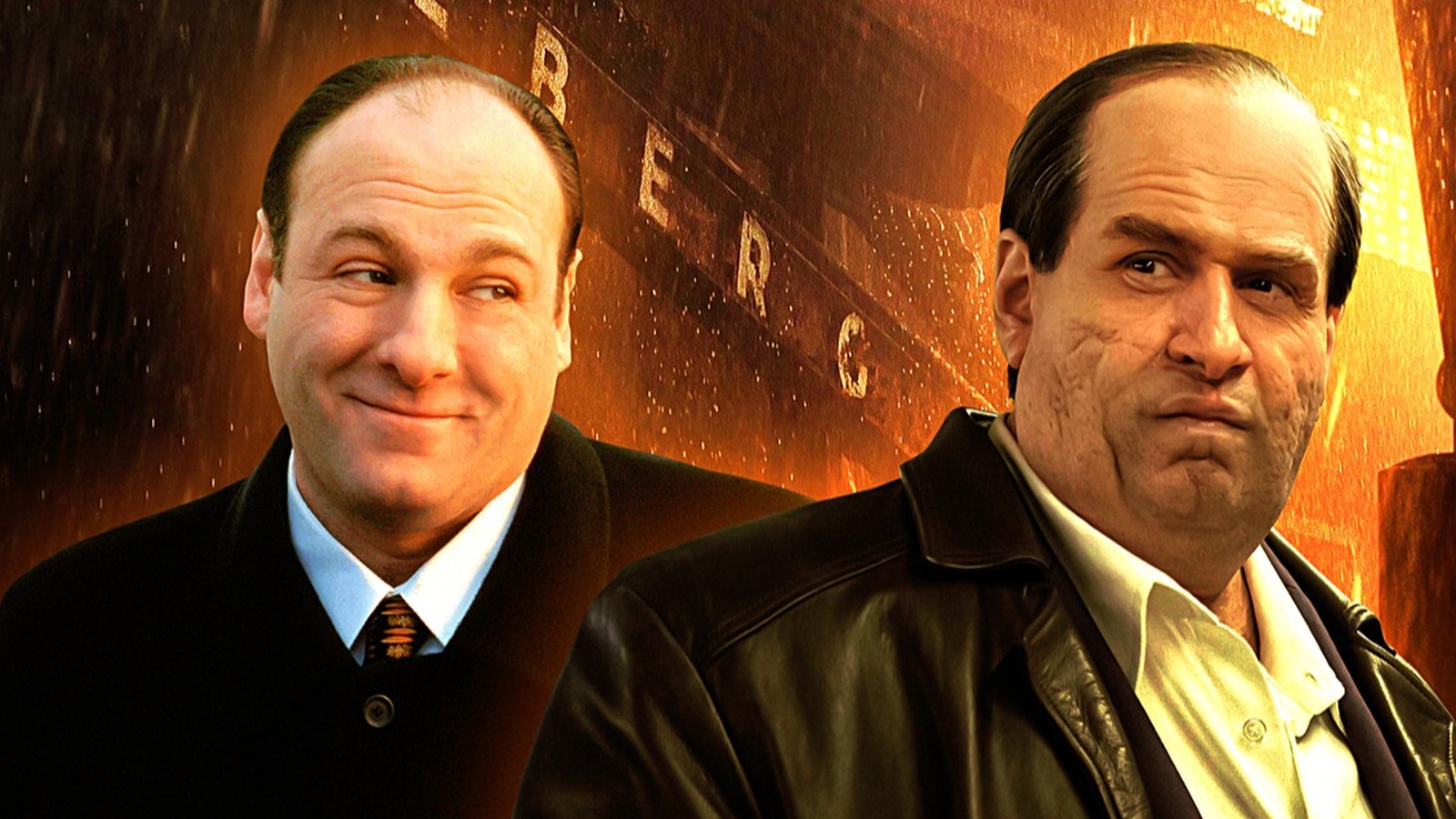
Television Superhero Shows
The Penguin’s Many Sopranos References Continue An Old Batman Trend
By Devin Meenan
As the superhero genre garners immense attention thanks to films, it doesn’t always receive the critical acclaim it merits. While on one hand, many argue these tales are essentially childlike in their simplicity, there’s also a sense of embarrassment among creators who often shy away from this truth. This has led to various interpretations; for instance, the “X-Men” franchise frequently distances itself from the source material in a bid to elevate the narrative. Conversely, the Marvel Cinematic Universe tempers its whimsical elements with a self-deprecating humor that often questions the absurdity of its own reality. Genuine filmmakers who respect the genre without attempting to reshape it into something entirely different—like Sam Raimi—are becoming increasingly rare.
One of the latest examples of this trend can be seen with “The Penguin,” as showrunner Lauren LeFranc downplays its connections to the storied Batman lore. Instead, she frames it as a serious crime saga, suggesting that Oz, played by Colin Farrell, won’t be referred to as the “Penguin,” despite his waddling demeanor. This series draws more inspiration from legendary HBO dramas such as “The Sopranos” than it does from DC Comics.
The pilot of “The Penguin” leans heavily on the legacy of “The Sopranos.” Farrell’s New Jersey accent has evolved into a notable homage to James Gandolfini. Oz’s conflicts extend beyond rival criminal factions, mirroring Tony Soprano’s familial complications, particularly with his fierce mother, portrayed by Deirdre O’Connell. Additionally, Oz’s partnership with young Gotham criminal Victor Aguilar, played by Rhenzy Feliz, echoes Tony’s mentorship of Christopher Moltisanti. Michael Zegen’s portrayal of Alberto Falcone also channels Imperioli’s essence in his performance.
This isn’t the first instance where a Batman tale has drawn parallels from significant crime sagas. Jeph Loeb and Tim Sale’s “Batman: The Long Halloween,” released in 1996, openly mirrors elements from “The Godfather.”
Carmine Falcone and his troubled nephew John Viti, reimagined as a character reminiscent of Johnny Sack in “The Penguin,” made their debut in Frank Miller and David Mazzucchelli’s “Batman: Year One.” However, it was “The Long Halloween” that truly established Falcone’s significance in the Batman narrative.
Loeb and Sale aimed to show how traditional mobsters in Gotham were supplanted by more eccentric supervillains, resurrecting Falcone and introducing his children: Sofia and Alberto. Interestingly, Mazzucchelli initially drew Carmine with a hint of Marlon Brando’s interpretation of Vito Corleone, a visual cue that Sale embraced. While Carmine is marked by distinctive claw scars on his cheek—a remnant from his encounters with Selina Kyle—the comic depicts Alberto as akin to Fredo Corleone: brooding and out of sync with the Falcone family, differing drastically from the more brash depiction in “The Penguin.” Cristin Miloti’s portrayal of Sofia captures her ruthless and volatile nature, contrasting with the comic’s depiction, which presents her as tall and forceful, often likened to a female Sonny Corleone.
Yet, the influence of “The Godfather” on “The Long Halloween” extends beyond the core family dynamics. It opens with Bruce Wayne attending a Falcones’ wedding, and in Carmine’s office, he asserts, “I believe in Gotham City.”
The homage here carries a weightier significance, aligning Batman’s mission to redeem the soul of his decaying city with the themes present in “The Godfather.”
As a nod to cinematic influence, “The Long Halloween” showcases gangster Sal Maroni seeking advice from his father, drawing parallels to a similar moment in “The Godfather,” where Vito Corleone delivers memorable counsel to Johnny Fontane. This scene culminates in an unsettling twist as Luigi is killed by the elusive Holiday murderer.
Crime genres, while often perceived as niche, can indeed carry considerable prestige. The unmistakable success of “The Godfather” throughout the New Hollywood era inspired Loeb and Sale to imbue their comic with cinematic gravity. In contrast, “The Sopranos” reshaped television narratives, deconstructing the revered status of its predecessor.
While the “Godfather” portrayals tread a path of honor and tragic grandeur, “The Sopranos” strips away such romanticism, illustrating the seedy underbelly of criminal life, where betrayal and treachery reign supreme. Characters like Tony Soprano long to emulate the glitz of the film but are ensnared in the grim realities of their world. Their obsession with crime cinema is evident, from referencing film classics to the aspirations of characters like Christopher Moltisanti.
“The Sopranos” stands as the quintessential gangster narrative of its era, akin to the importance of “The Godfather” in the previous century. Consequently, a crime series like “The Penguin,” striving for seriousness in a post-“Sopranos” landscape, looks not to Coppola but to David Chase’s groundbreaking storytelling.
Catch new episodes of “The Penguin” on HBO and stream them on Max every Sunday.




